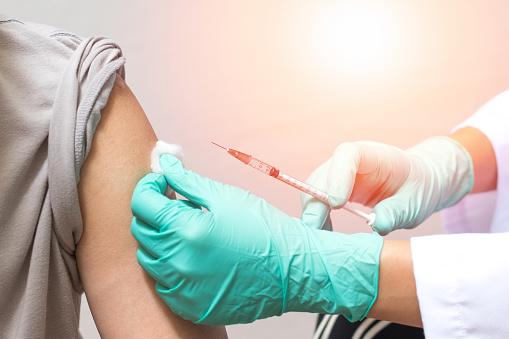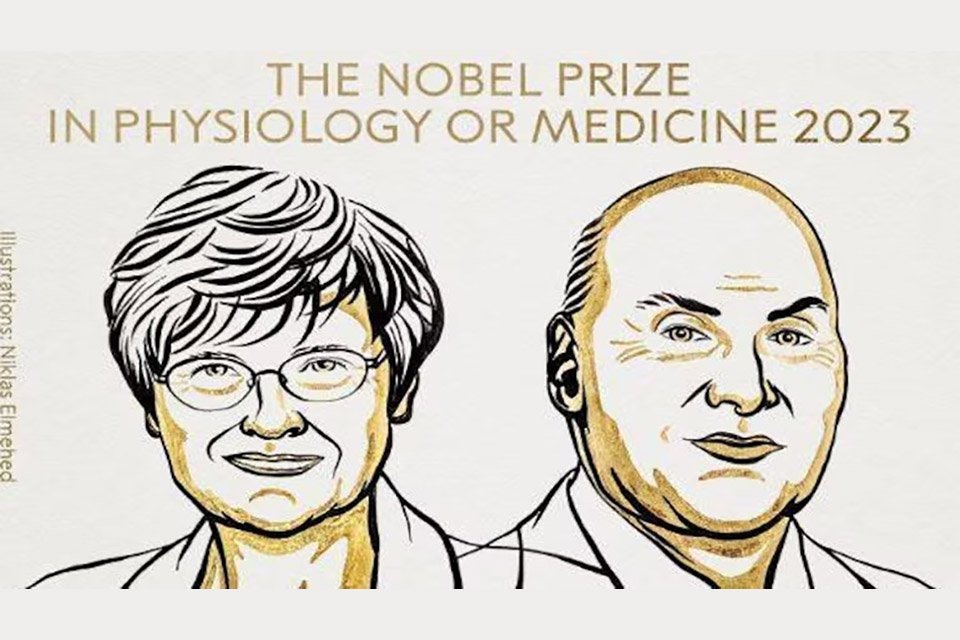This was announced Monday morning (2), The 2023 Nobel Prize in Physiology or Medicine was awarded to Hungarian biochemist Katalin Karikó and American researcher Drew Weissman. For his work on messenger RNA (mRNA). Two scientists discovered “nucleoside-based changes”, paving the way for the creation of effective vaccines against Covid-19.
The award of 11 million Swedish krona, equivalent to R$5 million, recognizes the researchers for their technology essential for the rapid development of vaccines against the SARS-CoV-2 virus.
The RNA-mediated mechanism developed by the two professors is not limited to the Covid-19 vaccine, but has promising potential for many treatments. “It depends only on the imagination of scientists. They have an idea and then they use mRNA to explore whatever that idea is,” Karikó said. IFLSscience.
What made the creation of the mRNA vaccine possible?
Vaccines stimulate the formation of an immune response against a specific pathogen, made years ago through dead or weakened viruses. With advances in molecular biology “parts” of the entire microorganism began to be used, Like the hepatitis B vaccine.
Because these processes require large resources (large-scale cell cultures), researchers have been searching since the 1980s for vaccine technology that uses our own genetic information encoded in DNA to produce proteins via messenger RNA. However, mRNA has always been unstable and resistant to this transfer.
That is, until Karikó and Weissman discovered that dendritic cells, a kind of “sentinel” of the immune system, recognize mRNA transcribed in vitro as an invader. Knowing that mammalian RNA bases (adenine, uracil, guanine and cytosine) were chemically altered, they produced different mRNA variants. The procedure not only “cheated” antigen-producing cells, but also reduced anti-inflammatory responses to almost zero.
Vaccine against Covid-19 developed in record time

Following the discoveries, many companies became interested in vaccine development. Vaccines were investigated against Zika virus and MERS-CoV, which cause Middle East respiratory syndrome from the coronavirus family. As the cause of Covid-19. This is why mRNA vaccines were developed so quickly after the pandemic began and provided 95% protection.
The surprising flexibility and speed with which mRNA vaccines adapt to new virus strains means that the platform could be used to create vaccines against other diseases such as HIV infection, malaria and tuberculosis. It is hoped that in the future the technique can be used to produce therapeutic proteins for the treatment of cancer.
Follow current developments in science and technology at TecMundo. If you wish, take the opportunity to learn about the origins of the Nobel Prize.
Source: Tec Mundo
I’m Blaine Morgan, an experienced journalist and writer with over 8 years of experience in the tech industry. My expertise lies in writing about technology news and trends, covering everything from cutting-edge gadgets to emerging software developments. I’ve written for several leading publications including Gadget Onus where I am an author.












